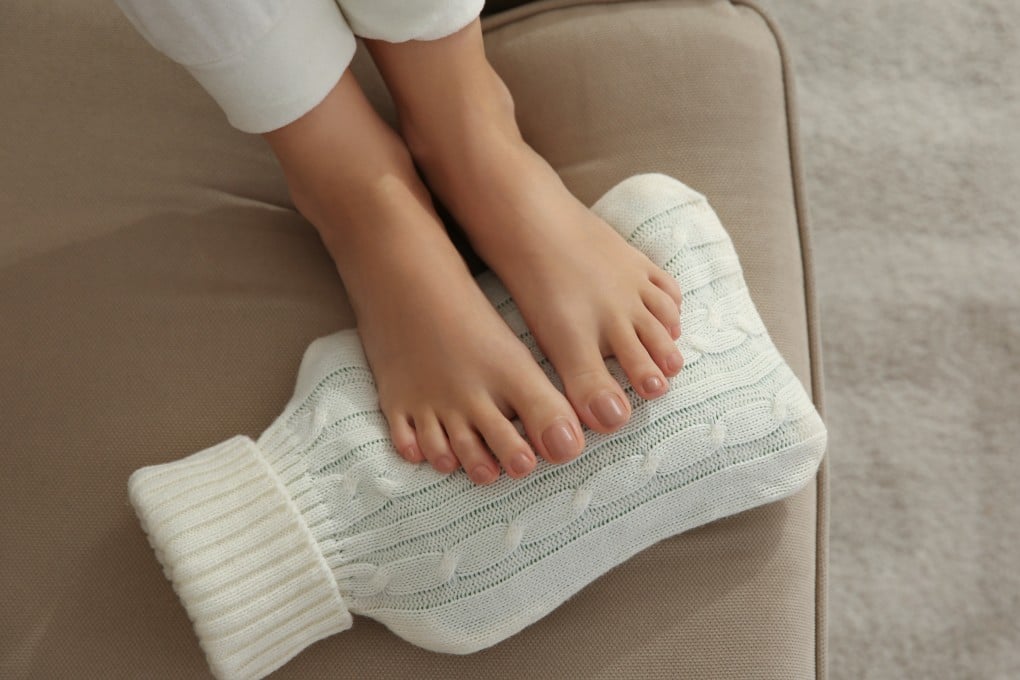Cold hands and feet? It could be iron deficiency – TCM practitioners provide tips on how to fix this common condition
- Iron deficiency can lead to anaemia, with symptoms of fatigue, weakness, dizziness and shortness of breath
- Dried longan, lotus seeds and dates are among the foods that can help restore qi and overcome deficiencies, traditional Chinese medicine practitioners say

Feeling a bit peaky in the cold weather and cannot seem to warm your hands and feet no matter what you do? You might be iron deficient – but a simple change in your diet may fix this.
If left unchecked, iron deficiency can lead to anaemia – when the number of red blood cells, or haemoglobin in them, is lower than normal.
Haemoglobin carries oxygen around the body. If you have too few or abnormal red blood cells, or not enough haemoglobin, the blood’s capacity to carry oxygen to the body’s tissues will decrease. This may cause fatigue, weakness, dizziness and shortness of breath.
About 30 per cent of the global population has this condition, which affects women three to five times more than men. The World Health Organization estimates that 42 per cent of children under five years of age and 40 per cent of pregnant women worldwide are anaemic.

According to the US Centres for Disease Control and Prevention, anaemia was responsible for 5,633 deaths in the country in 2020.
Iron-deficiency anaemia can largely be prevented by eating a balanced and varied diet with iron-rich foods. To get the most out of iron in foods, experts advise including vitamin C in your diet, and being aware of foods that contain iron absorption blockers, such as tannin in tea and coffee.